Obesity in America vs. obesity in China
Teens from wealthy American families aren't as prone to obesity as their less-affluent counterparts. In China, the opposite is true. Why?

A free daily email with the biggest news stories of the day – and the best features from TheWeek.com
You are now subscribed
Your newsletter sign-up was successful
Obesity has become a worldwide epidemic, and is a particular concern among children and teenagers because of its association with a lifetime of health problems, including diabetes, cancer and heart disease. A recent study, however, has found that the condition is very different among adolescents in China than among those in the United States. Here, a brief guide:
What did the study find?
In some ways, teenagers in China and in the United States are similar with regard to obesity. Those who sleep fewer hours, and who spend more time in sedentary activities, are more likely to be overweight. But according to the report, published in the American Journal of Health Behavior, that's where the similarities end. In affluent Chinese families with educated parents, teens are more often obese; American teens from those kinds of families are usually less likely to have weight problems. Chinese boys are more likely to be overweight than girls, whereas teen obesity in the U.S. is roughly equal among the sexes. And overweight adolescents in China more often report eating lots of vegetables, consuming relatively few sweets or fast food, and engaging in more physical activity.
The Week
Escape your echo chamber. Get the facts behind the news, plus analysis from multiple perspectives.

Sign up for The Week's Free Newsletters
From our morning news briefing to a weekly Good News Newsletter, get the best of The Week delivered directly to your inbox.
From our morning news briefing to a weekly Good News Newsletter, get the best of The Week delivered directly to your inbox.
What causes these differences?
China's robust economy is likely a prime factor. Newly prosperous families are now able to buy foods that were unavailable to them just a few years ago. So while teens report eating lots of veggies, they're suspected of also eating larger quantities of many other foods, including deep-fried, fatty meals. Meat consumption has also risen sharply in China; in 1965, meat comprised just 6 percent of the Chinese diet, but in 2005 that figure grew to 27 percent.
How will this affect China?
There's fear of a sharp rise in obesity-related disease among the Chinese. Roughly 25% of Chinese adults are now overweight or obese. (In the United States, about two-thirds of adults share that distinction.) "China is now home to the world’s largest diabetic population, with 23 million diagnosed, up 40 percent from 2001," says Laurie Burkitt at The Wall Street Journal. "The U.S. is home to 20 million diabetics."
A free daily email with the biggest news stories of the day – and the best features from TheWeek.com
Sources: Times of India, UPI, Wall Street Journal
-
 Political cartoons for February 15
Political cartoons for February 15Cartoons Sunday's political cartoons include political ventriloquism, Europe in the middle, and more
-
 The broken water companies failing England and Wales
The broken water companies failing England and WalesExplainer With rising bills, deteriorating river health and a lack of investment, regulators face an uphill battle to stabilise the industry
-
 A thrilling foodie city in northern Japan
A thrilling foodie city in northern JapanThe Week Recommends The food scene here is ‘unspoilt’ and ‘fun’
-
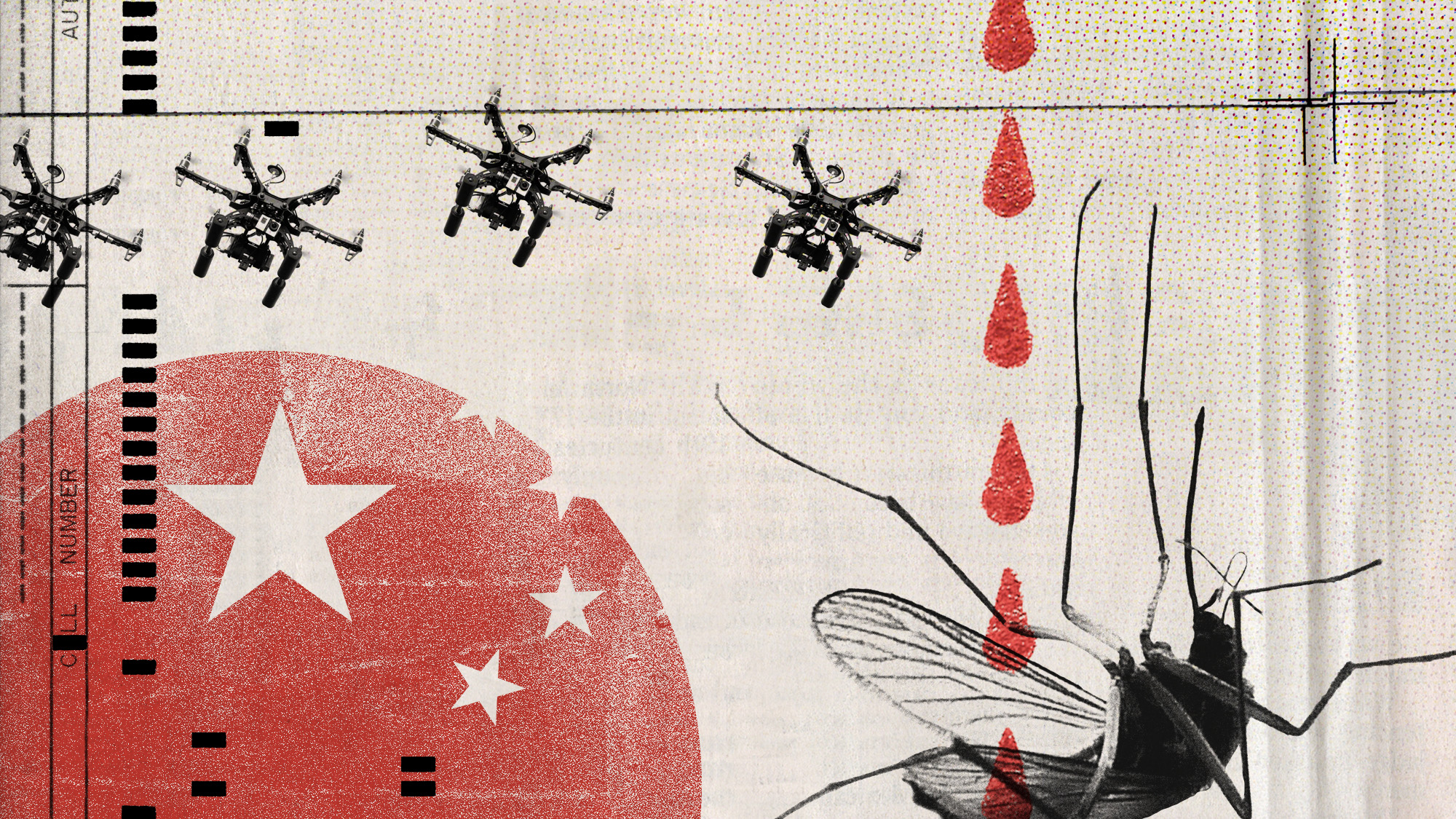 How China is battling the chikungunya virus
How China is battling the chikungunya virusUnder The Radar Thousands of cases of the debilitating disease have been found in the country
-
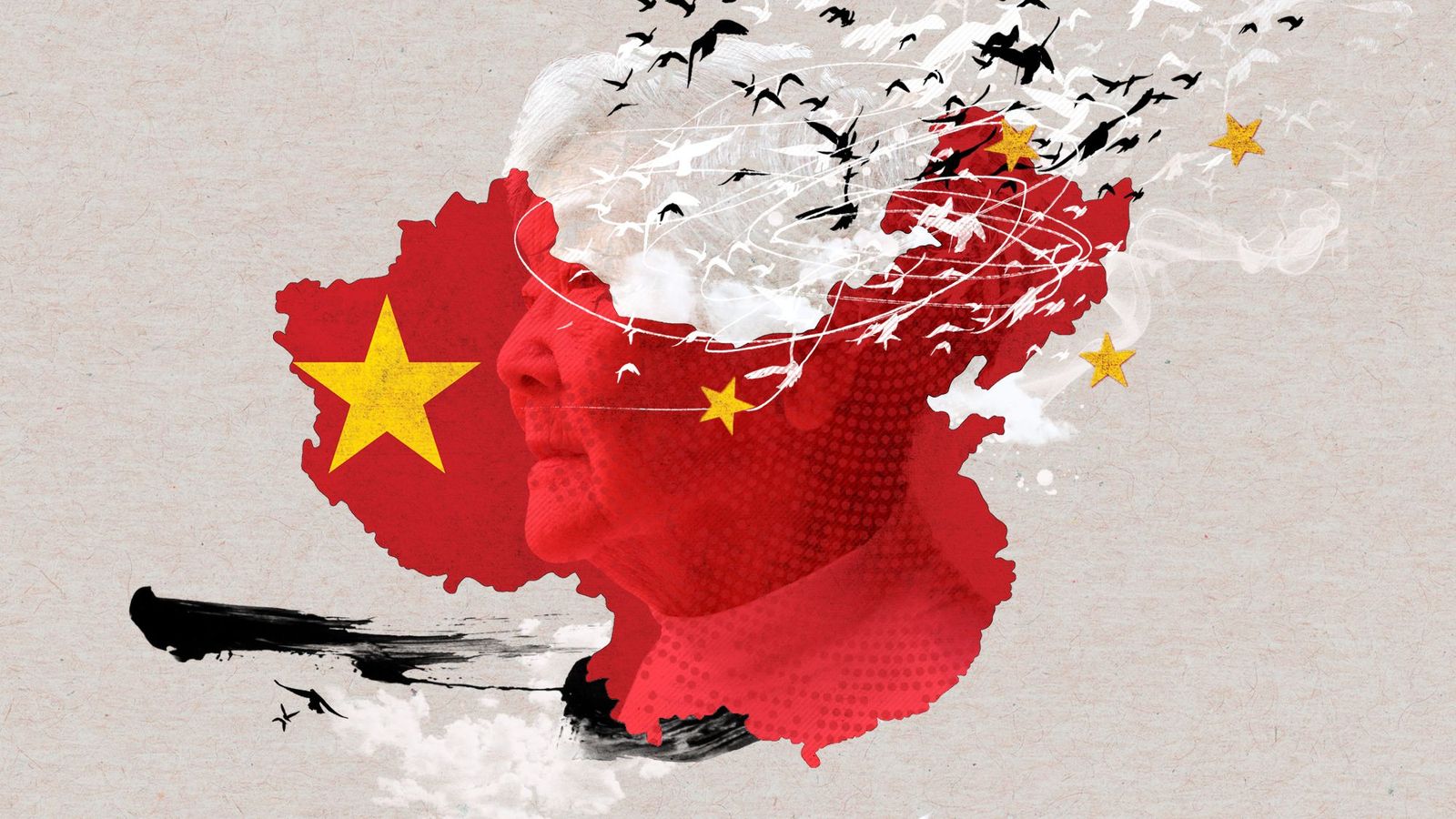 China's soaring dementia rates
China's soaring dementia ratesUnder The Radar Government launches action plan after cases in China increase 50% faster than global average
-
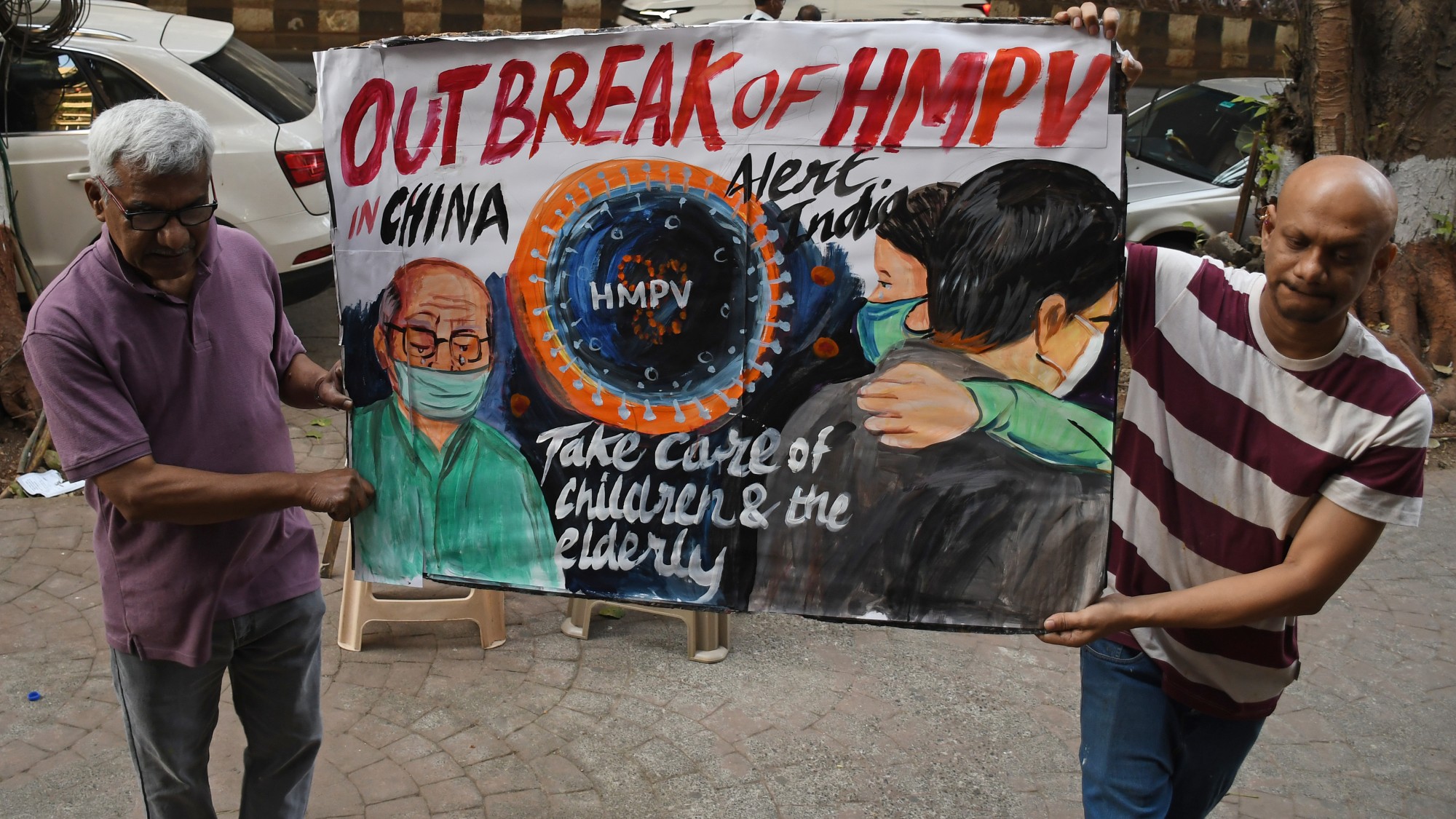 HMPV is spreading in China but there's no need to worry
HMPV is spreading in China but there's no need to worryThe Explainer Respiratory illness is common in winter
-
 China's pneumonia cases: should we be worried?
China's pneumonia cases: should we be worried?The Explainer Experts warn against pushing 'pandemic panic button' following outbreak of respiratory illness
-
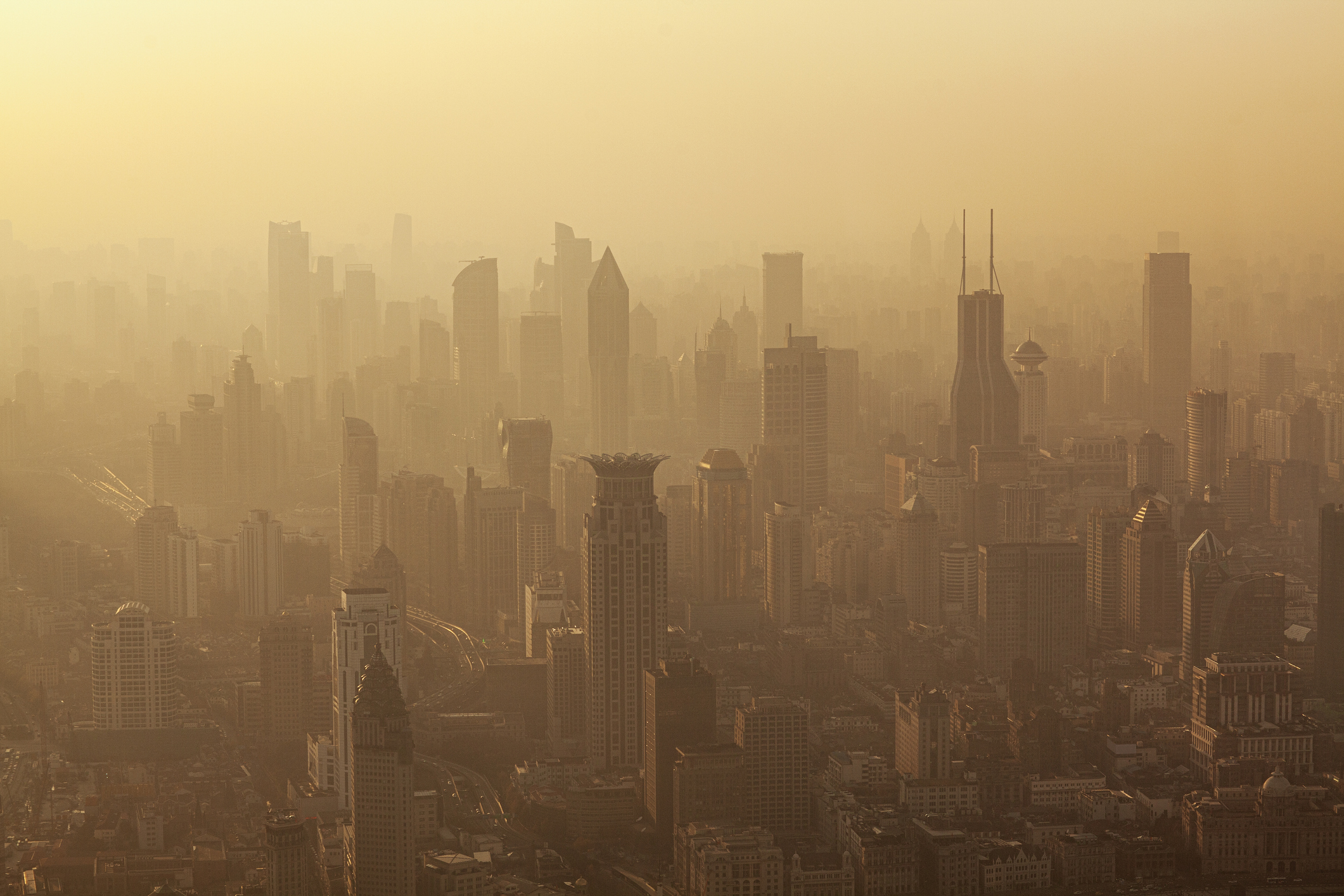 Air pollution could increase risk of heart arrhythmia
Air pollution could increase risk of heart arrhythmiaSpeed Read
-
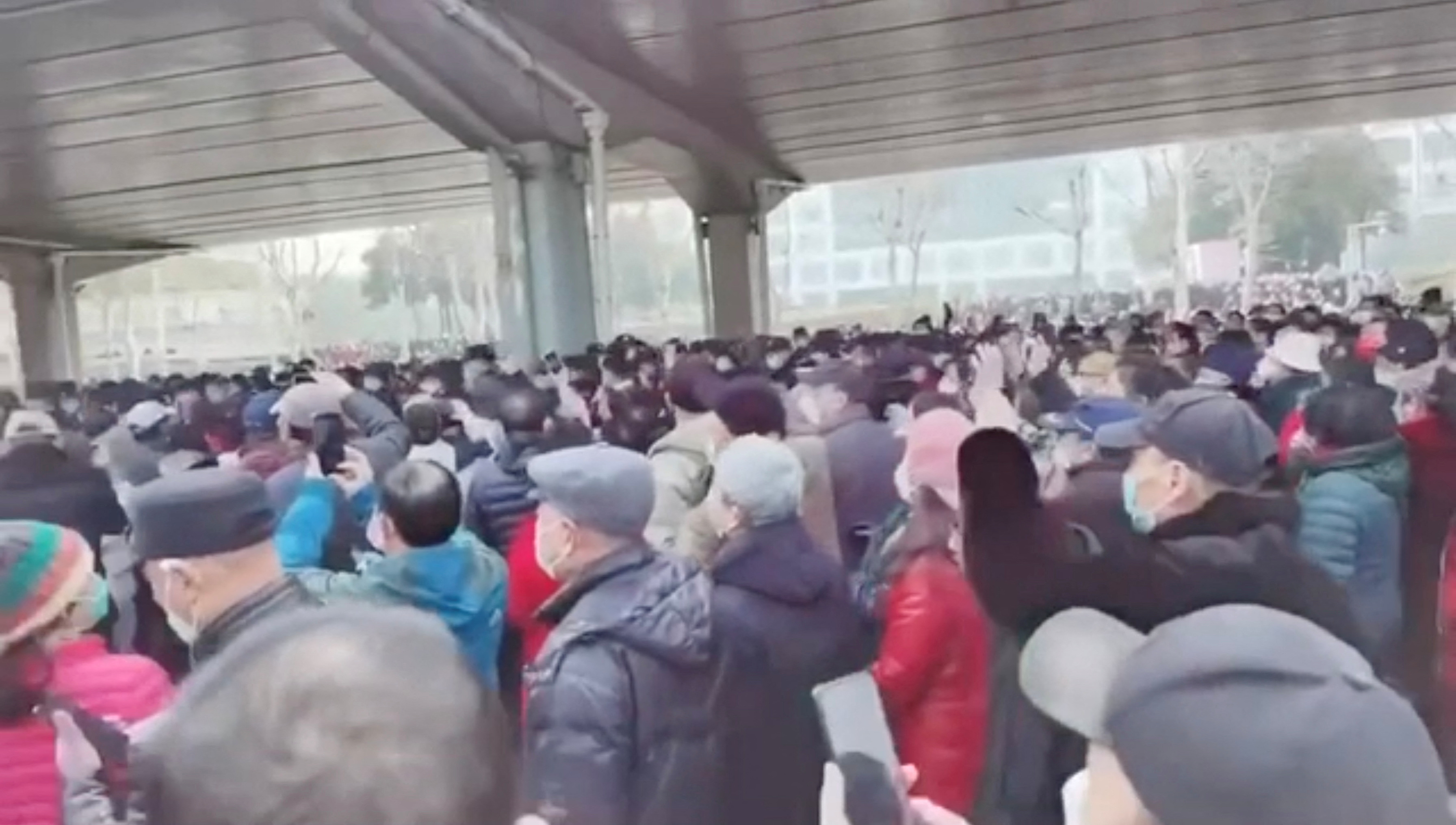 Thousands of retirees in China protest cuts to government health benefits
Thousands of retirees in China protest cuts to government health benefitsSpeed Read
-
 China is suffering an estimated 5,000 unofficial deaths a day in brutal COVID-19 surge
China is suffering an estimated 5,000 unofficial deaths a day in brutal COVID-19 surgeSpeed Read
-
 Crematoriums in China struggle to keep up with rising number of COVID deaths
Crematoriums in China struggle to keep up with rising number of COVID deathsSpeed Read